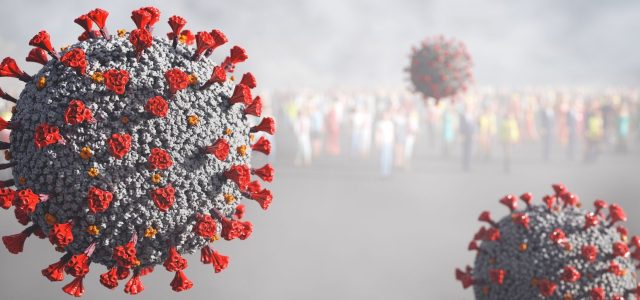Lyme Science Blog
Dr. Daniel Cameron, MD, MPH, is a nationally recognized leader for his expertise in the diagnosis and treatment of Lyme disease and other tick-borne illnesses. His weekly Lyme Disease Science blog features articles covering the latest research, insights and case reviews.
Lyme Science Blog
Celebrities: Shining a spotlight on Lyme Disease
The topic of celebrities suffering with Lyme disease has made headlines for years. And with good reason. When Justin Bieber
Lyme Science Blog
His Doctor Gave Up on His Lyme Disease — But He Didn’t
When a Doctor Dismissed Lyme Disease Sometimes the hardest part of Lyme disease isn’t the infection itself — it’s what
Lyme Science Blog
Brain Fog and Lyme Disease: The Overlooked Symptom
“I used to lead meetings. Now I forget why I walked into a room.” This isn’t burnout or aging —
Lyme Science Blog
Lyme Persisters: Why Some Patients Stay Sick After Treatment
You finished treatment. The antibiotics are done. Your doctor says you’re cured. So, why do you still feel terrible? For
Favorite Blogs, Lyme Science Blog
Painful Feet and Lyme Disease
You stand up to walk to the bathroom at night — and wince. The soles of your feet ache like
Favorite Blogs, Lyme Science Blog
Lyme, POTS, and Adrenaline Surges Explained
It starts the moment you stand. Your heart races — or sometimes it doesn’t — but you still feel that
Lyme Science Blog
Lyme, Long COVID, or Both? Making Sense of Persistent Symptoms
Three years after beating Lyme disease, Jennifer tested positive for COVID-19. Months later, the same crushing fatigue, brain fog, and
Favorite Blogs, Lyme Science Blog
Low-Dose Naltrexone for Lyme: What We Know (and Don’t)
Low-dose naltrexone (LDN) has gained growing attention as a potential supportive therapy for people with chronic Lyme disease and persistent
Favorite Blogs, Lyme Science Blog
Babesia Testing Errors Can Delay Treatment
She came to my office exhausted after six months of fevers, sweats, and crushing fatigue. Her initial testing for Babesia









